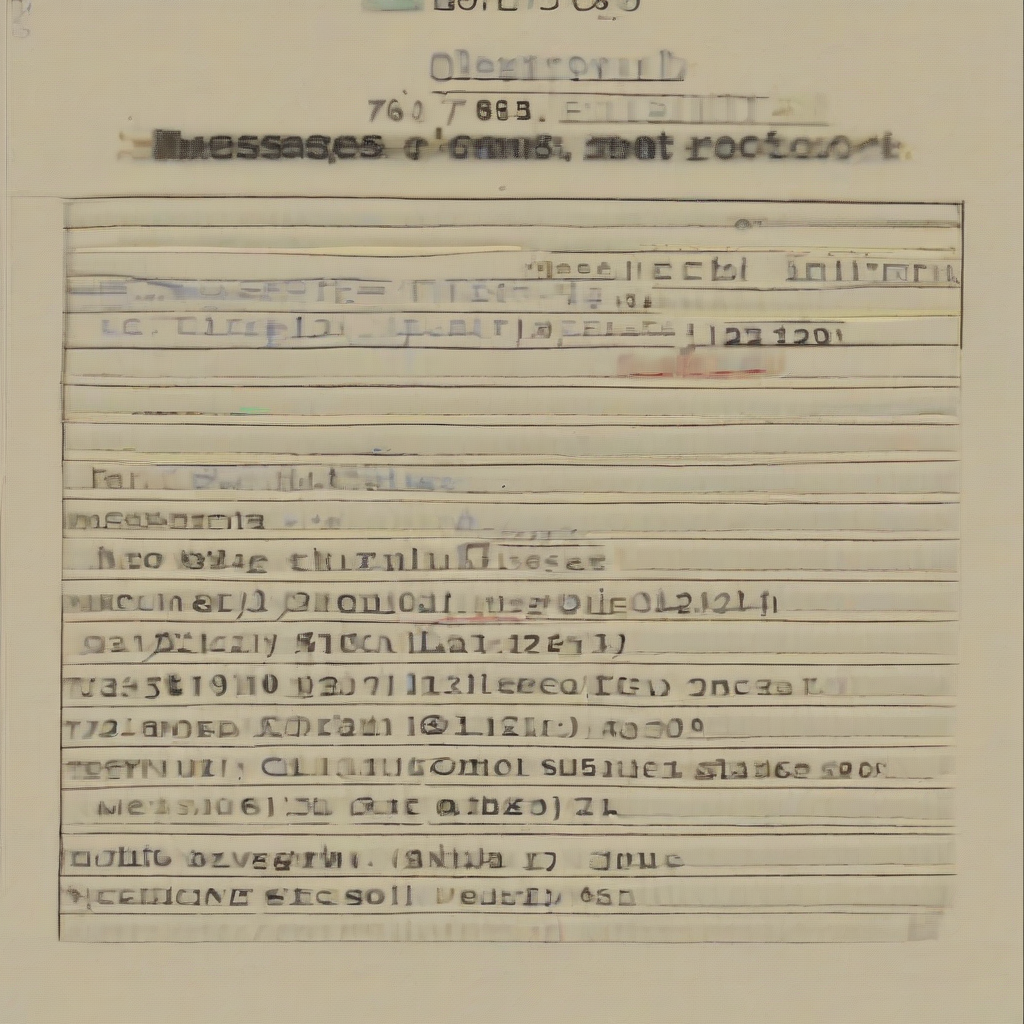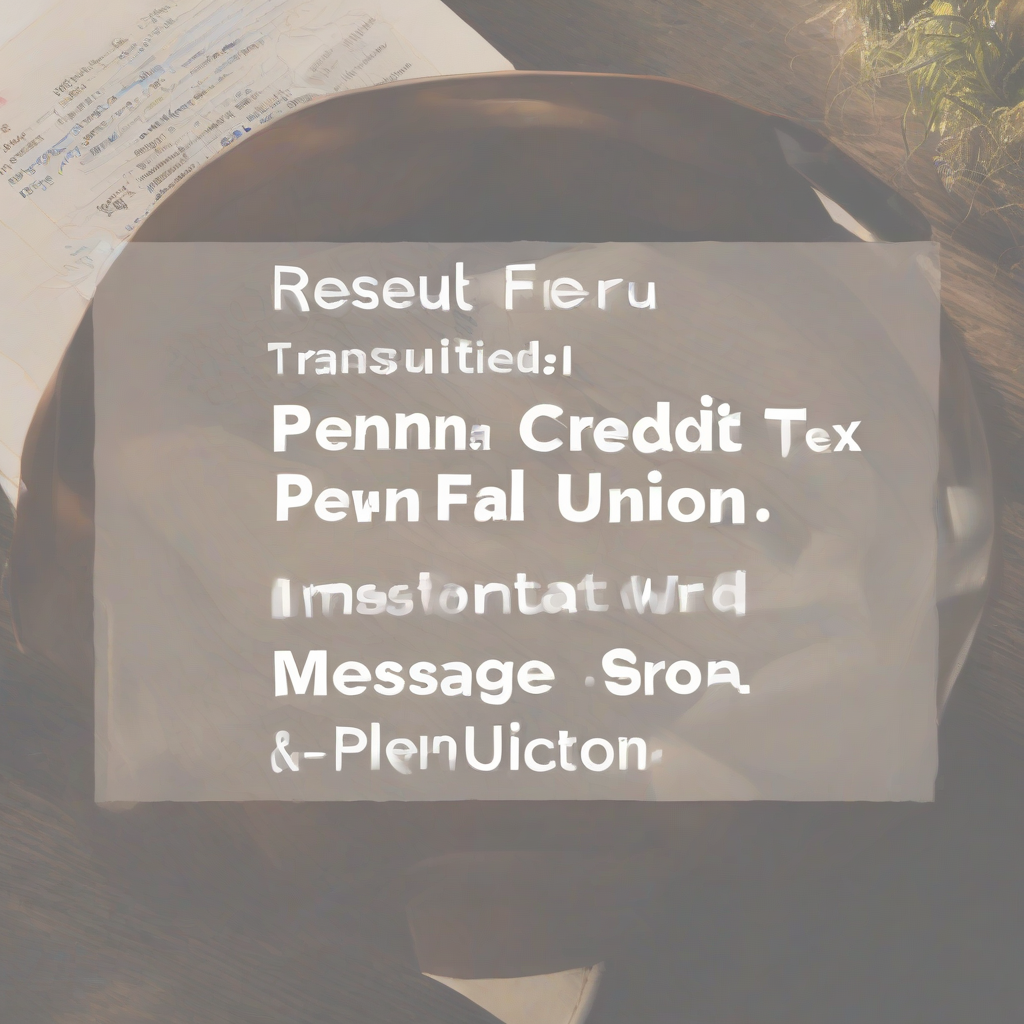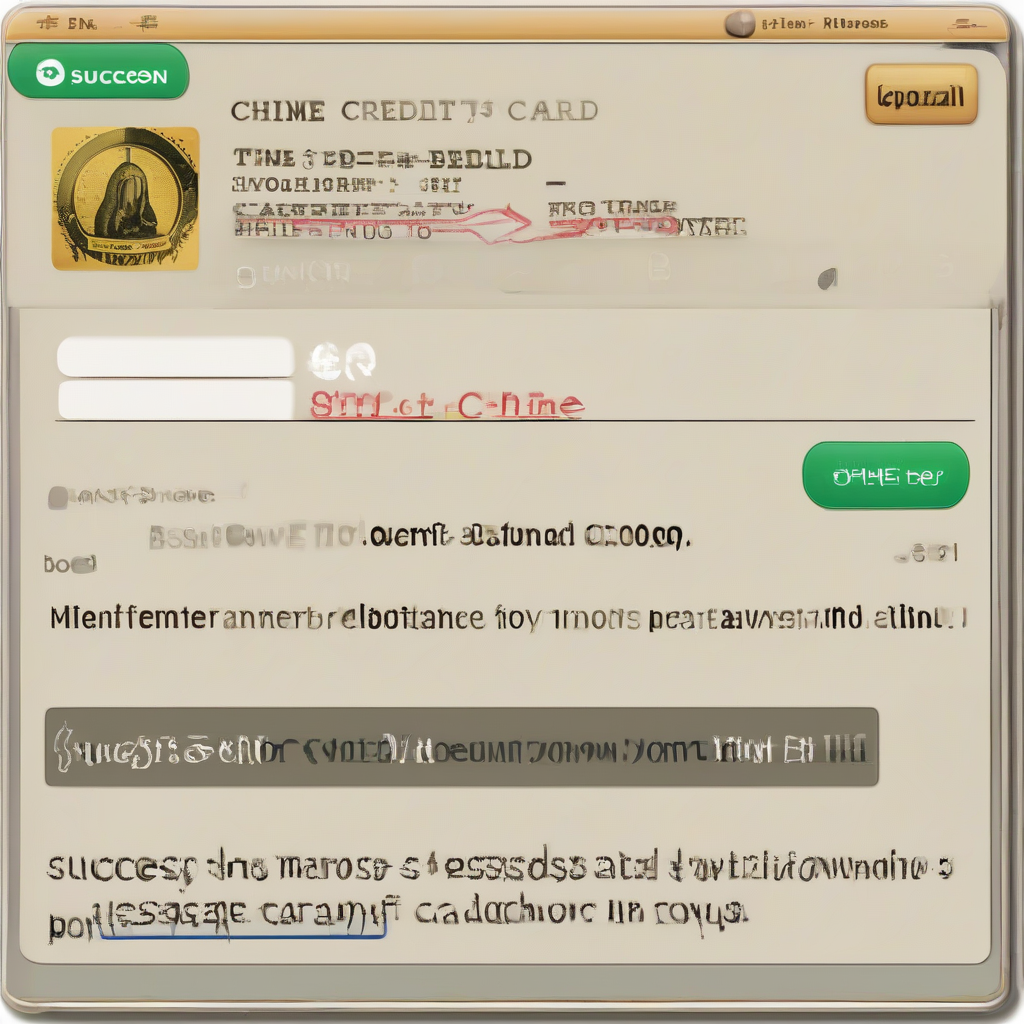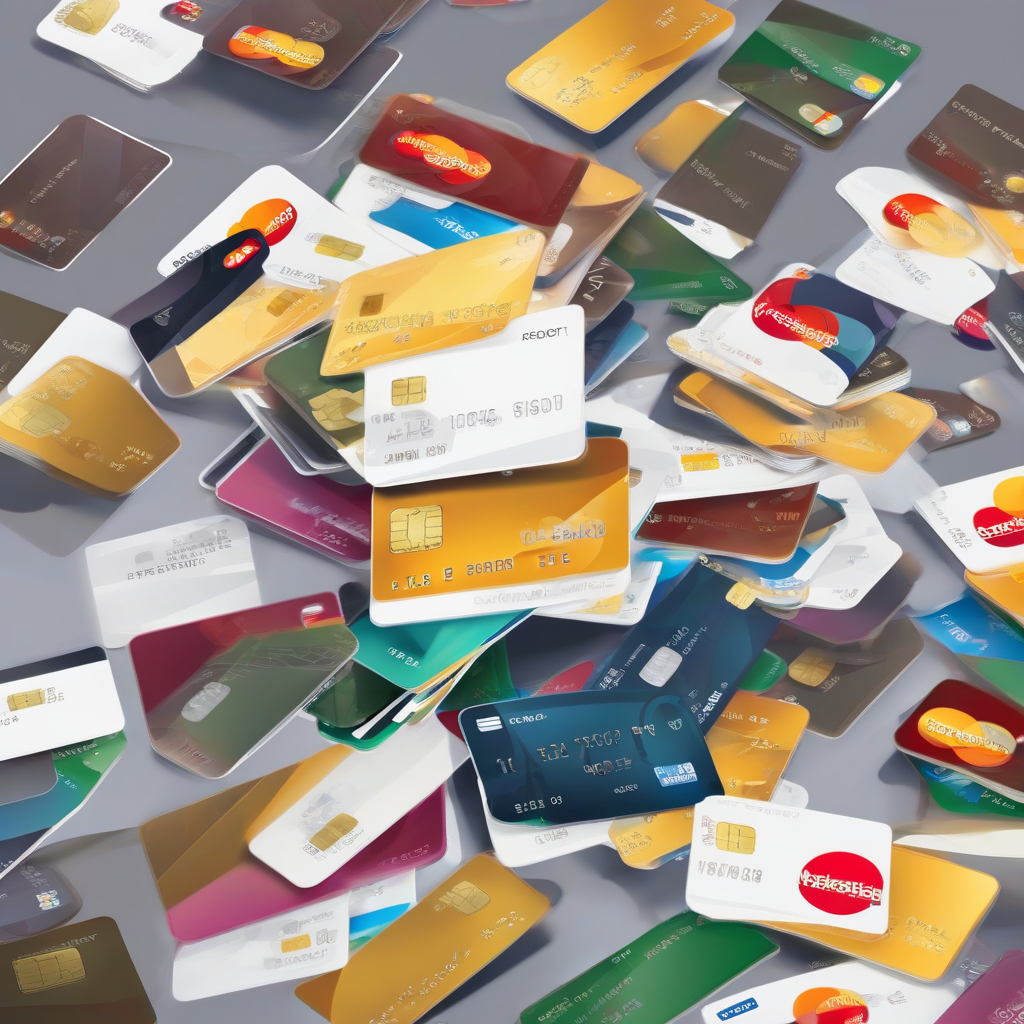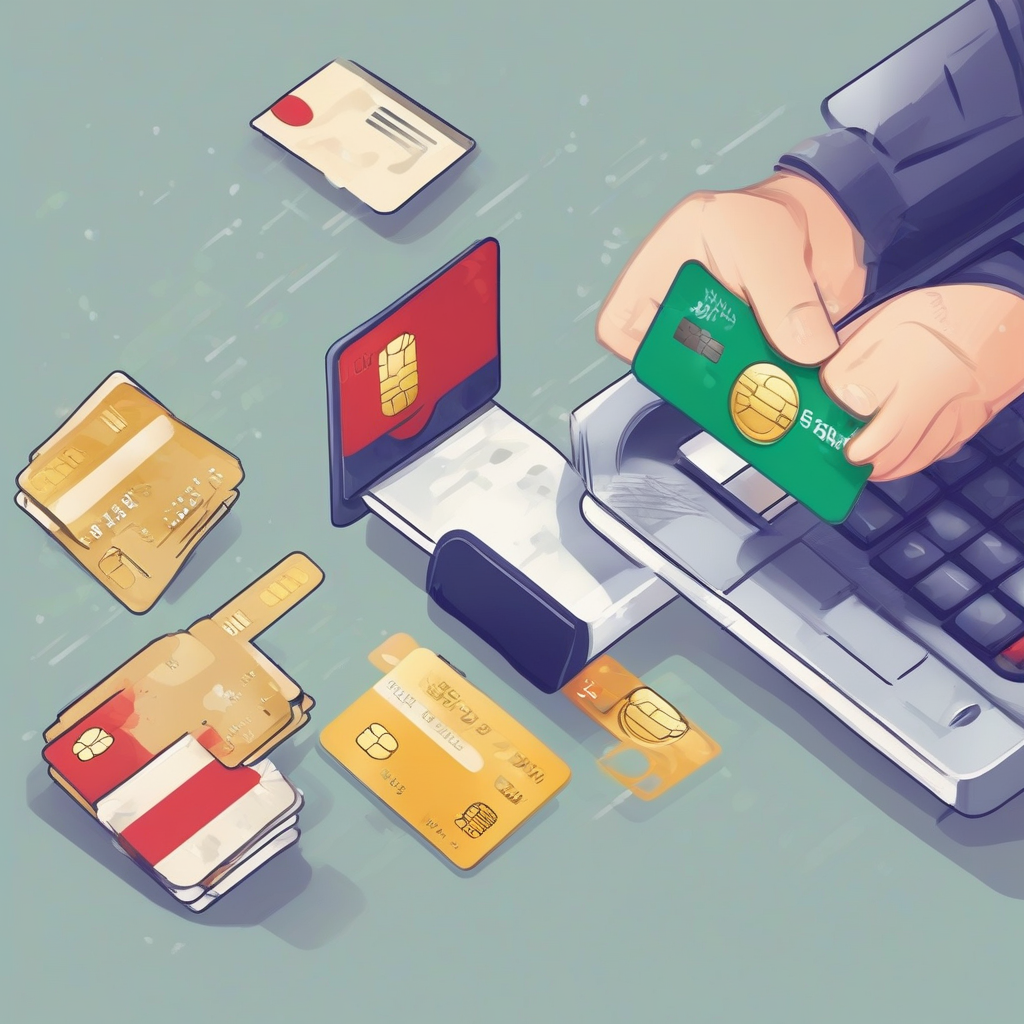Loan Debt Forgiveness: A Comprehensive Guide

Loan Debt Forgiveness: A Comprehensive Guide
Loan debt forgiveness, the act of having a portion or all of your loan debt erased, can be a dream come true for many struggling with financial burdens. It offers a chance to start fresh, free from the weight of past obligations. However, navigating the complex world of loan forgiveness requires understanding the different programs, eligibility criteria, and potential consequences. This comprehensive guide will provide you with all the information you need to understand the ins and outs of loan debt forgiveness.
Types of Loan Debt Forgiveness Programs
Loan debt forgiveness programs come in various forms, each with its own eligibility requirements and conditions. Understanding these differences is crucial in determining whether you qualify and what benefits you might receive.
Federal Student Loan Forgiveness
- Public Service Loan Forgiveness (PSLF): This program forgives the remaining balance of your Direct Loans after making 120 qualifying payments while working full-time for a qualifying employer.
- Teacher Loan Forgiveness: Offers forgiveness of up to $17,500 in federal student loans for teachers who work full-time in a low-income school for at least five consecutive years.
- Income-Driven Repayment (IDR) Plans: While not outright forgiveness, these plans can lead to debt forgiveness after 20 or 25 years of payments, depending on the plan. The remaining balance is forgiven if you meet certain income requirements.
- Total and Permanent Disability Discharge: For borrowers who are permanently disabled, the remaining balance on their federal student loans may be forgiven.
Private Student Loan Forgiveness
Private student loans are not eligible for federal forgiveness programs. However, some private lenders may offer forgiveness programs under specific circumstances, such as:
- Employer-Sponsored Loan Repayment Programs: Some companies offer to pay a portion or all of their employees' student loan debt as part of their benefits packages.
- Loan Forgiveness for Specific Professions: Certain private lenders may offer loan forgiveness for borrowers who pursue specific careers, such as healthcare or teaching.
Other Loan Debt Forgiveness Programs
- Mortgage Forgiveness: In certain situations, homeowners may be eligible for mortgage forgiveness, such as through programs designed to help those affected by natural disasters.
- Medical Debt Forgiveness: Non-profit organizations and government programs may provide debt relief for medical expenses, particularly for low-income individuals.
- Debt Consolidation and Settlement: Working with a debt consolidation company or a credit counseling agency can sometimes lead to reduced debt payments or forgiveness.
Eligibility Requirements for Loan Debt Forgiveness
Eligibility for loan forgiveness programs varies widely. Some programs require specific employment types, while others focus on income levels, disability status, or other factors. Understanding the specific eligibility requirements for each program is crucial in determining whether you qualify.
Employment Requirements
Some loan forgiveness programs require you to work in a specific field or for a qualifying employer. This might include:
- Public Service: For PSLF, you must work full-time for a qualifying non-profit organization or government agency.
- Education: Teacher Loan Forgiveness requires working full-time in a low-income school for at least five consecutive years.
- Healthcare: Some private loan forgiveness programs may be available to healthcare professionals working in underserved areas.
Income Requirements
Income-driven repayment plans and some other programs consider your income level when determining eligibility for forgiveness. These plans are designed to make loan payments more manageable for those with lower incomes.
Disability Status
Borrowers who are permanently disabled may be eligible for loan forgiveness through the Total and Permanent Disability Discharge program.
Other Factors
Beyond employment, income, and disability status, other factors might influence eligibility, such as:
- Loan Type: Only specific loan types are eligible for certain programs, such as Direct Loans for PSLF.
- Loan Status: Some programs require your loan to be in good standing or in a specific repayment plan.
- Program Specific Requirements: Each program has unique rules and regulations that must be met.
Consequences of Loan Debt Forgiveness
While the prospect of having your loan debt forgiven seems appealing, it's essential to understand the potential consequences. These can include:
Tax Implications
Forgiven debt is often considered taxable income by the IRS, meaning you may have to pay taxes on the amount forgiven. The specific tax implications vary depending on the type of loan and the forgiveness program.
Credit Score Impact
Loan forgiveness can impact your credit score, as it may be reported as a "closed account." This can potentially lower your credit score if you have a limited credit history or rely heavily on that account for credit utilization.
Potential Future Debt
While loan forgiveness can eliminate existing debt, it doesn't prevent you from accruing new debt in the future. Responsible financial planning is crucial to prevent future debt accumulation.
Tips for Seeking Loan Debt Forgiveness
Applying for loan debt forgiveness can be a complex process, requiring thorough research and careful documentation. Here are some tips to help you navigate the process successfully:
Thoroughly Research Your Options
Start by carefully researching the different loan forgiveness programs available and understanding their eligibility requirements, deadlines, and potential consequences. You can find information on government websites, non-profit organizations, and financial advisors.
Gather Necessary Documentation
Prepare all the necessary documentation, such as income verification, employment records, loan documents, and any other relevant paperwork, as required by the specific program. This will help ensure your application is processed smoothly.
Contact Your Loan Servicer
Reach out to your loan servicer and inquire about any available forgiveness programs. They can provide information on eligibility requirements and application procedures. They can also assist with tracking your payment history and documenting any qualifying employment.
Seek Professional Guidance
Consider seeking guidance from a financial advisor or a credit counseling agency to help you understand your options and navigate the complex world of loan forgiveness programs.
Stay Organized and Persistent
Keep track of all your communication with the program administrators, maintain copies of all documentation, and be persistent in following up to ensure your application is processed. The loan forgiveness process can take time, so it's crucial to be patient and persistent throughout.
Conclusion
Loan debt forgiveness can be a powerful tool for individuals struggling with financial burdens. However, understanding the nuances of different programs, eligibility requirements, and potential consequences is crucial for making informed decisions. By carefully researching your options, gathering necessary documentation, and seeking professional guidance when needed, you can increase your chances of securing loan forgiveness and achieving financial freedom.
What's Your Reaction?











